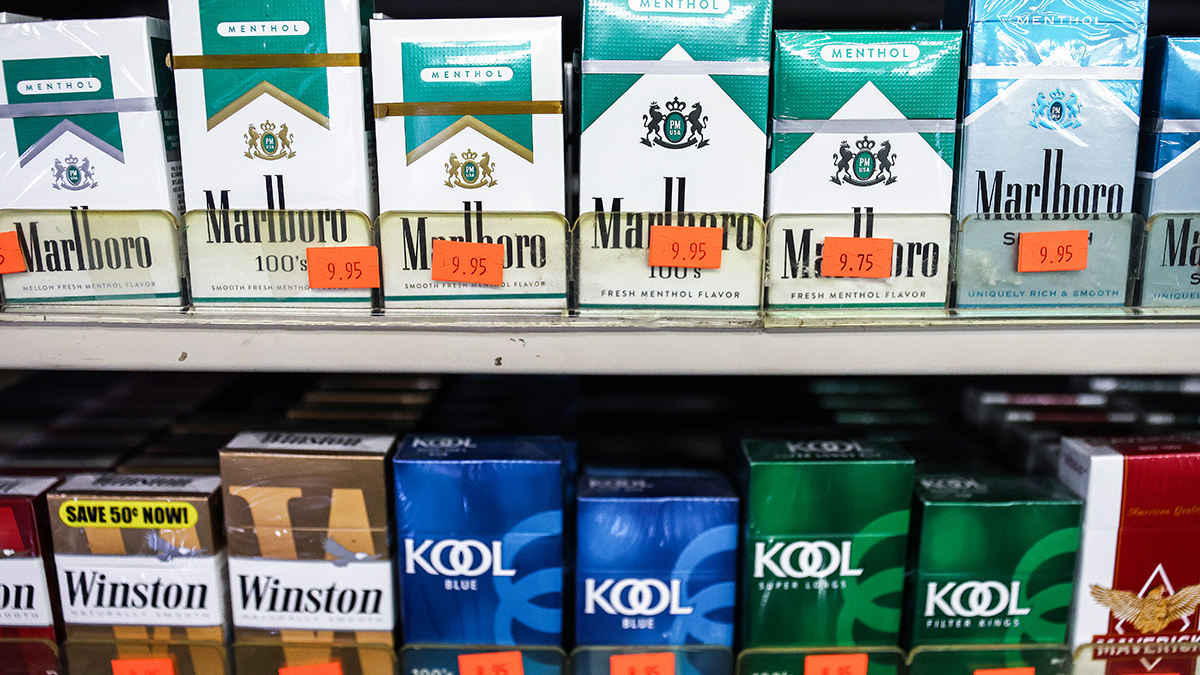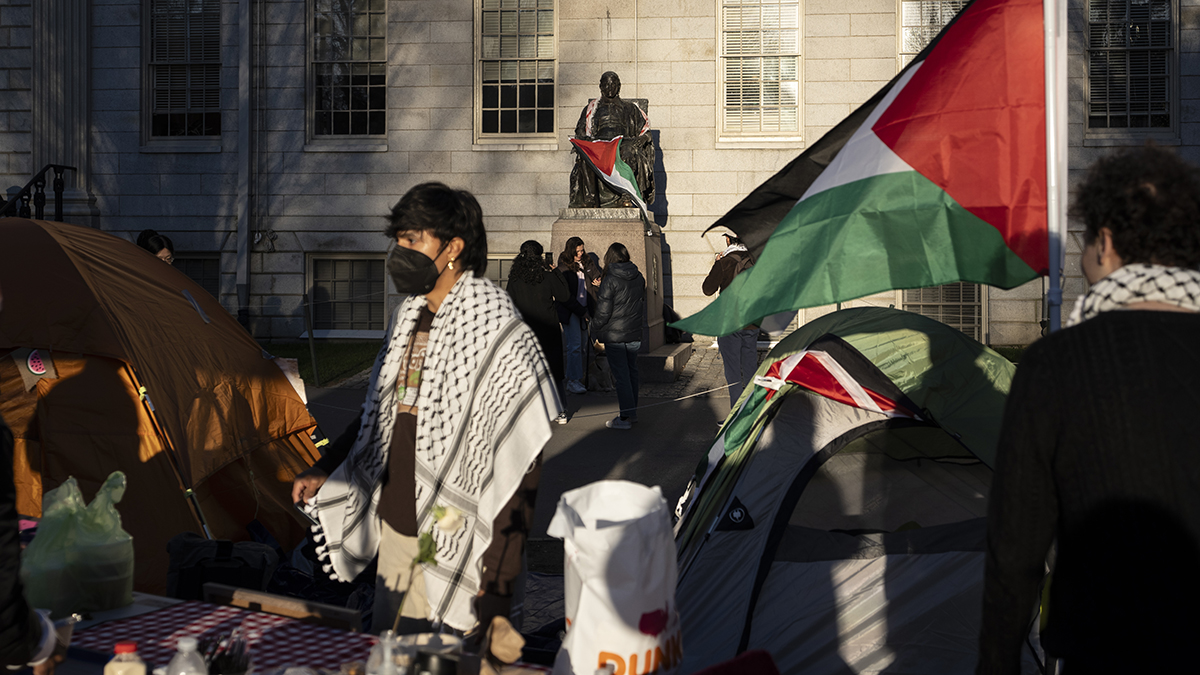His hair was white, his face was puffy and red, but Sen. Ted Kennedy’s voice still had that stirring resonance that set Democrats’ pulses racing and brought them to their feet.
Kennedy’s speech on behalf of presidential contender Sen. John Kerry on a Sunday back in 2004 at the McKinstry Elementary School in Waterloo, Iowa was one the most exciting performances I’ve ever witnessed.
“In the final hours of this caucus, people having listened to the candidates on the issues want to know: what kind of heart is in this man?” he shouted to the crowd.
Kennedy cited Kerry’s tour of duty in Vietnam and told them of “the heroism, and the Americanism, the bravery and the tenacity… of our candidate John Kerry.”
I thought on that day before the Iowa caucuses that if Kennedy could transfer this exhilaration to Kerry, he just might win the Iowa caucuses.
And Kerry did win, thanks in part to the Kennedy magic.
In 2008, I again saw Kennedy bring that same barnstorming zest for campaigning to Barack Obama's candidacy.
U.S. & World
At a raucous rally at the XL Center in downtown Hartford on the eve of the Connecticut primary, Kennedy told the crowd, "This election now is in your hands. I'm asking each and every one of you to do for Barack Obama what you did for John Kennedy and Robert Kennedy.”
A figure out of history
Part of the excitement of being in those crowds in Waterloo and Hartford came, of course, from seeing a figure straight out of American history.
Politics was part of Kennedy's genetic inheritance.
His grandfather John F. Fitzgerald was a colorful Massachusetts congressman and mayor of Boston. His father, financier Joseph Kennedy, helped make Franklin Roosevelt president in 1933. His brothers, President John Kennedy, and 1968 presidential contender Robert Kennedy were both murdered, becoming political martyrs.
When you saw Kennedy walking off the Senate floor after delivering one of his combative speeches, you inevitably thought of all that history — and of his epic Senate career, his relentless political warfare against Republicans, and his brushes with death and disaster.
He nearly died in 1964 as a passenger in a small plane that crashed on its way to the Massachusetts Democratic Party convention in Springfield, Mass. after he had cast his vote for the 1964 civil rights bill in Washington.
One of the longest-running spectacles on Capitol Hill was Kennedy berating a witness before one of the Senate committees on which he serves.
A righteous fury
Kennedy had the knack of instantly working himself up into a righteous fury, or a good imitation of that.
He sometimes reduced witnesses to incoherence, although I saw two in recent years, Supreme Court nominee Samuel Alito in 2006 and Federal Reserve chairman Ben Bernanke in April 2008 who kept their aplomb under Kennedy's onslaught.
Elected at age 30 in 1962 to fill the seat once held by his brother John, Ted Kennedy served longer in the Senate than anyone else apart from Robert Byrd and Strom Thurmond.
Kennedy always had several causes going at once: gay rights, immigrant rights, Iraqi refugees, and allowing workers to get union representation simply by signing cards rather than voting in elections.
And when the Democrats needed a warrior to fight Republican Supreme Court nominees, Kennedy was almost always there to lead the fight, even if he ended up losing, as in the cases of Alito, John Roberts, and William Rehnquist.
'Robert Bork's America'
Conservatives will never forget his slashing oratory attacking Supreme Court nominee Robert Bork.
“Robert Bork’s America is a land in which women would be forced into back-alley abortions, blacks would sit at segregated lunch counters, rogue police could break down citizens’ doors in midnight raids,” he declared on the Senate floor, only minutes after President Reagan announced Bork’s nomination on July 1, 1987.
Bork never seemed to recover from that oratorical assault. The Senate rejected him.
Kennedy’s long record of liberal advocacy and his involvement in the 1969 Chappaquiddick car accident that resulted in the death of his passenger Mary Jo Kopechne, made him the villain of conservatives for more than four decades.
He could well have been president 40 years ago.
In 1968, after the murder of his brother Robert, Democratic Party leaders offered the presidential nomination to Kennedy. He would have run against Republican Richard Nixon, the man his brother John had defeated in 1960.
Two days before the 1968 convention, one of the Democratic power brokers, Chicago Mayor Richard Daley, called Kennedy and pleaded with him to accept the draft.
Daley feared that Vice President Hubert Humphrey, the presumptive nominee, would lose in November to Nixon (and he did).
Failed bid in 1980
Kennedy said “no” in 1968.
He tried in 1980 when he ran against President Jimmy Carter. Yet stirring as was his eloquence on the campaign trail for others, Kennedy could not explain in a famous interview with CBS correspondent Roger Mudd why he himself wanted to be president.
Carter beat him in one primary after another and Kennedy went to the 1980 convention in New York defeated, but defiant.
Kennedy’s speech there was one of the most eloquent in convention history.
“Long after the signs come down, and the crowds stop cheering, and the bands stop playing, may it be said of our campaign that we kept the faith,” he declared. “May it be said of our party in 1980 that we found our faith again.”
“For me, a few hours ago, this campaign came to an end. For all those whose cares have been our concern, the work goes on, the cause endures, the hope still lives, and the dream shall never die.”



